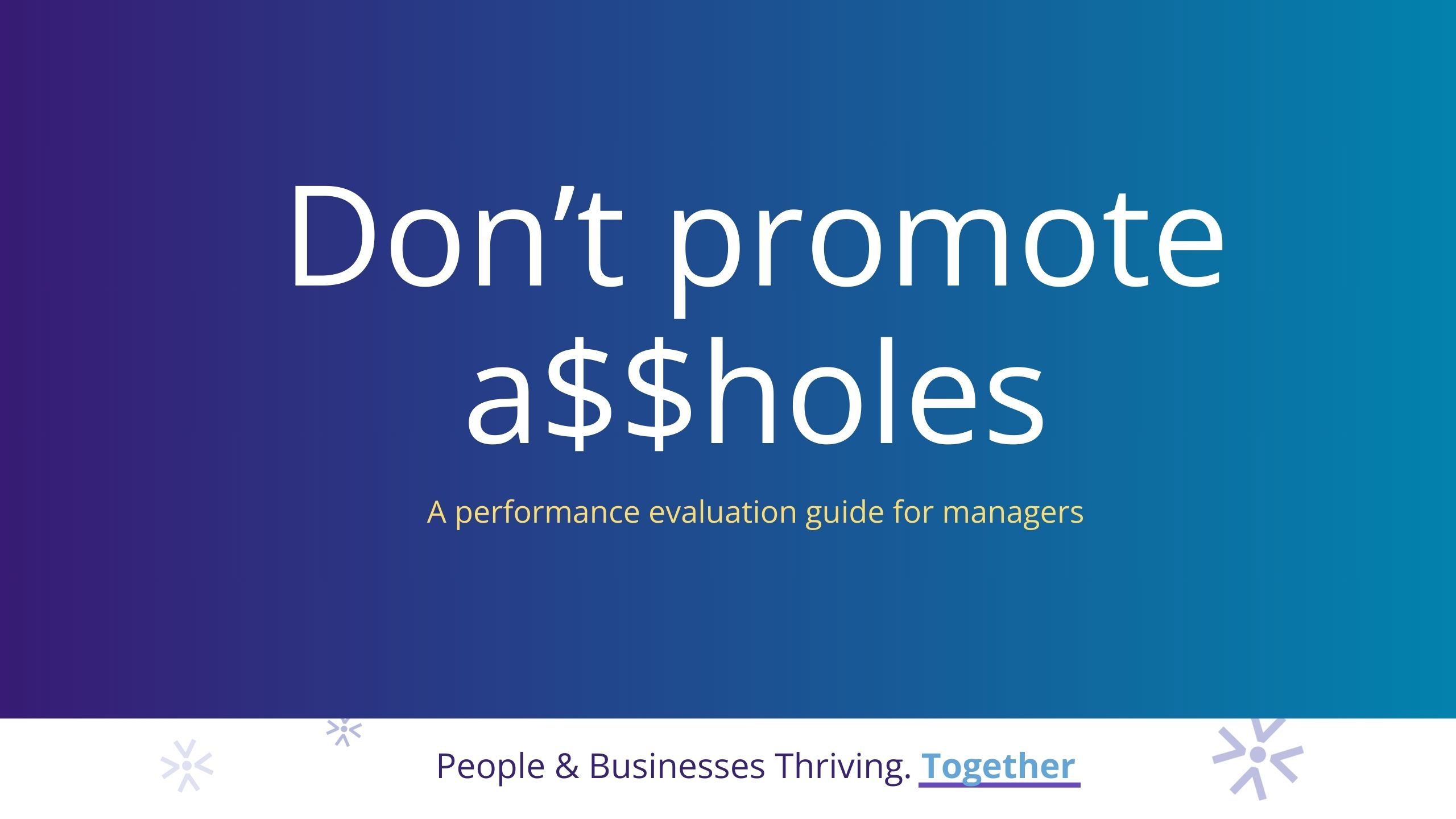Congrats on your graduation! Now what?

Mirka Mitse
Dear Graduates,
You finished your studies and are now ready to tackle new challenges. You’re looking forward to being part of the workforce and to start developing your career. These thoughts have you excited and motivated and you haven’t stopped sending job applications in the past week.
However, you start realising that getting a job interview with no prior experience isn’t easy, and that has you thinking that things aren’t going your way.
That’s not the case.
Just read on.
Getting a job as a graduate is expected to take time. Make sure you do the below to give yourself the best chance to shine.
- What job to apply for?
It’s not easy to choose a career when you don’t know what you could be good at, or, on some occasions, what you would love to do. Don’t hesitate to speak with people who are there to help. Book an appointment with your university’s career officer, do your research online, ask senior professionals in your circle for advice and feel confident to contact recruiters directly and ask them questions. Most of them will be happy to send you a piece of advice.
- I have identified a few different types of jobs I would like to try
Remember that graduate jobs are in very high demand. Therefore, employers are given broad choice of backgrounds and characters to choose from. Apart from relevance of course and high grades, employers look to identify the candidates who have a real interest in the job. The best way to show this is by slightly modifying your CV to match the requirements of the particular job you are applying for.
Let’s look at an example.
You have a strong interest in finance, but as a graduate you have to keep your options open and, therefore, you apply for sales, marketing and office administration graduate positions, as well as finance. If you send the same CV to all potential employers stating that:
“During my studies and extracurricular activities, I have gained strong understanding of finance functions, such as bank account management, life assurance, and loan provision, and I am eager to apply my knowledge and develop further skills on the subject”,
chances are the sales employer will prefer to interview other candidates who stated that:
“I am passionate about working with people, and I thrive in a target driven environment. During my studies, I had to deliver on weekly deadlines, which I did, successfully. I believe that communication skills, manners, and a good understanding of people needs can produce results in the sales process.”
**Do not mistake this for encouragement to include statements on your CV that aren’t true. Instead, use the job ad as a guide to identify relevant keywords and their preferred skillset and highlight those on your CV.**
- I don’t have relevant experience
Employers don’t expect recent graduates to have corporate experience or to know how to do the job. However, what makes a difference in your application is your work experience and extracurricular activities during your studies. Just because you gained your work experience in retail/ in a less busy office/ in the hospitality industry/ in the form of an internship, it doesn’t mean it’s less valuable. You learned how to do a job and you succeeded in it, you learned the particulars of how an industry works, and you developed valuable soft skills. Make sure this information comes across loud and clear in your CV.
If you have been a leader of University or sports communities, if you have travelled and stayed at a foreign country by yourself, if you have won awards for playing a musical instrument, if you have directed amateur plays, if you work out five days a week, always mention it clearly in your CV. Employers like to interview candidates who showcase strong leadership, analytical, people abilities that can be useful in the work environment.
- How to develop a professional CV
Keep it simple, and consistent throughout. A CV with a lot of colours, tables, columns and other features distracts from the information and is not easy to read. Keep the font simple, only use black colour to write, and ensure that you have used the same style throughout. If you are applying for any type of creative work, you may need to prove your design skills when designing your CV. In that case, plan ahead and understand what you want your design to show about your skills and about yourself. Don’t overcomplicate it as there is a chance it will not be read by Application Tracking Systems (ATS) that a lot of companies use to gather applications from different sources.
- Show you LinkedIn profile some much needed tlc
Especially when you apply through LinkedIn, every potential employer will look at your profile. What you need to show them is a snapshot of yourself in a professional and consistent manner. You need a good headshot (that wasn’t taken on a night out or at a wedding), a compelling profile, information that is the same as the details on your CV (dates, titles, etc.), references from employers and peers, skillset, volunteering experience; anything that is relevant to you. LinkedIn offers an extensive list of sections you can add to your profile. Use it!
Finding a graduate job may take a while, but if you follow these simple steps, you know you’re doing it right, and that sooner or later you will land the job of your dreams.
Best of luck!



